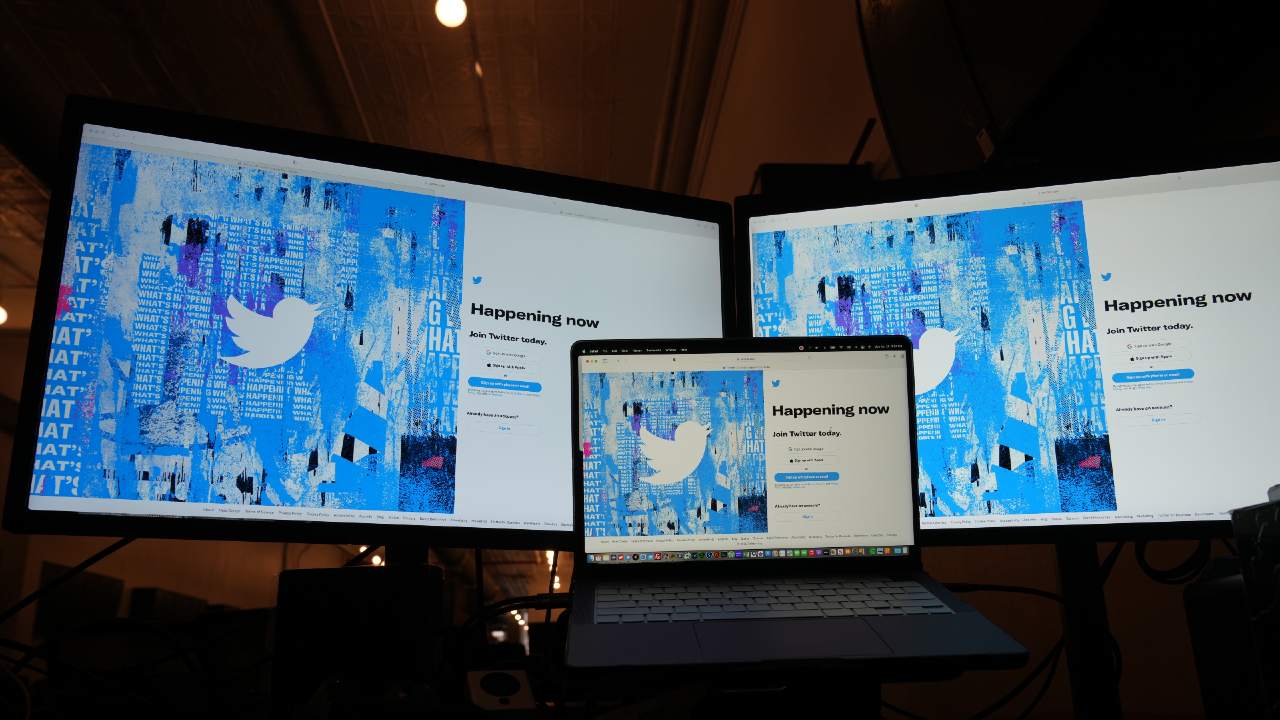The landmark law is designed to force Google, Facebook, Twitter, and other digital platforms to fight hate speech, restrict online ads, and combat counterfeits. How it will work, how it will be enforced, and whether it will provoke a transatlantic split remain giant question marks. Only one thing is certain: Elon Musk will be unable to impose a First Amendment free for all on his new baby if he wants to continue doing business in Europe.
The DSA represents the 27-nation bloc’s second giant step to reign in Big Tech. In March, the EU passed the Digital Markets Act. It targets a handful of the largest Silicon Valley giants, what it labels as gatekeepers, and is designed to loosen their grip over a wide variety of digital markets, from app stores to messaging services.
Together, the DSA and DMA represent an attempt by Europe to set global standards for tech regulation. Both laws were approved by legislators in almost record speed, with broad backing from a both left- and right-wing politicians. They will go into effect starting in 2024.
In contrast, the US has dawdled. While US regulators have filed antitrust cases against Google and Facebook, Congress remains blocked in approving a major federal tech legislation. At best, a limited proposal to jam open Apple and Google’s app stores could be approved.
Washington has been quiet about the European tech regulation offensive. At the late stages of the DMA negotiations, Commerce Secretary Gina Raimondo expressed alarm about potential discrimination against US companies. Her intervention provoked an angry response from US Democrats led by Senator Elizabeth Warren and proved too late to force any significant change.
Unlike the DMA, the DSA will impact a broad arrange of Internet platforms, not just US ones, but European, Chinese and others. Leading Democrats are enthusiastic. “For too long, tech platforms have amplified disinformation and extremism with no accountability. The EU is poised to do something about it,” Hillary Clinton tweeted. “I urge our transatlantic allies to push the Digital Services Act across the finish line and bolster global democracy before it’s too late.”
Clinton is right: the DSA represents the democratic world’s first broad attempt to update the Internet’s founding rules. Back in 2000 just as the Internet was going mainstream, Europe enacted the e-Commerce Directive, setting clear limits on liability for digital platforms. Platforms weren’t held responsible for illegal material uploaded to their sites. Instead, they were responsible only for bringing down illegal material when informed. The US adopted similar rules with its Section 230.
Without these legal safe harbors, many of the internet’s success stories would never have gotten off the ground. Imagine if YouTube was held responsible for every upload, Blogger for every blogpost, and TripAdvisor for each restaurant or hotel review? Such user-generated content would have been too dangerous to publish.
Today, however, the rules look out of date. Governments, courts, and public opinion are demanding that internet firms police and prevent illegal material from being posted on their platforms. Copyright owners believe the net feeds piracy. Police and intelligence services think it feeds extremist terrorism and want access to data from suspects. Politicians fear false news could tarnish elections, and even force them from power.
YouTube, Facebook and other digital content platforms are big and powerful, not just hosting content, but shaping how we perceive it in their “preferred channels” and “news feed.” These economic powerhouses no longer are like a post office, delivering a letter. In many cases, they are shaping the content of the letter – and must take on additional responsibilities.
But even if everyone agrees that change is required, it is hard to find agreement on how to reform the e-Commerce Directive or Section 230. Crack down too hard and free expression suffers. The DSA attempts to strike a balance by preserving the e-Commerce directive’s ban on proactive general monitoring. But it requires platforms to undertake a series of measures to control what people can post, what they sell, and what advertisements they see – all in the name of protecting others online. Firms that fail to comply face potentially massive fines into the billions of euros.
A big challenge will be enforcement. Although Europe’s landmark privacy bill, the GDPR, set a global standard, few cases have been brought since it went into effect in 2018. For consumers, the only noticeable difference seems to have been an increasing need to press consent to gain access to websites. Critics say that Google and Facebook have even benefited from the rules, being able to deal with heavy compliance costs and able to gain consumer consent while small companies have struggled.
The Brussels-based European Commission will become the designated DSA enforcer. It plans to go on a hiring spree, with its new regulators financed by a tax on platforms. Even so, many suspect that Silicon Valley will try to run legal circles around them. Many of the DSA’s new rules remain unclear – for example, the law bans tricking consumers into clicking, so-called “dark patterns,” but fails to define the term and what distinguishes a dark pattern from legitimate marketing.
Still, one thing is clear: Elon Musk’s vision of an unfettered, First Amendment powered “digital town square” looks unrealistic. European Commissioner Thierry Breton warned this week that Twitter’s new owner will have to impose limits on social media posts. He made his point… via a Tweet.
Bill Echikson is the Acting Director of CEPA’s Digital Innovation Initiative and the Editor of Bandwidth.




